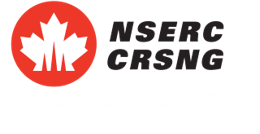General Information
- Instructors
- Lectures
- See Schedule
- Piazza
- https://piazza.com/uwaterloo.ca/winter2023/cs798001
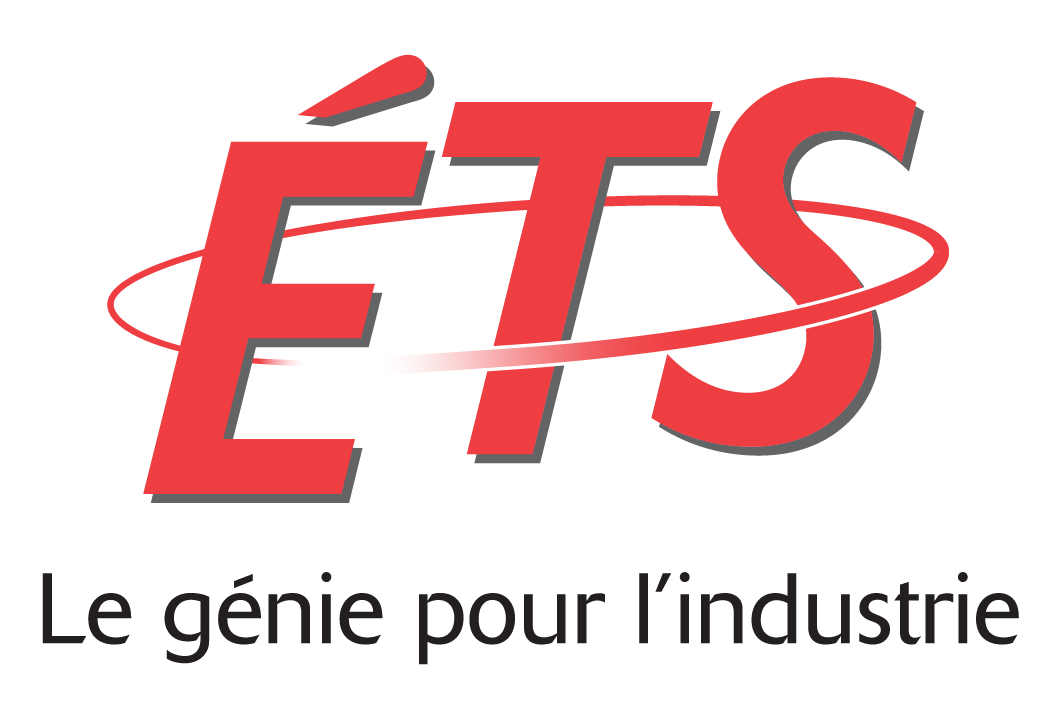 |
Mohamed Cheriet
Kim Nguyen Mohamed Faten Zhani |
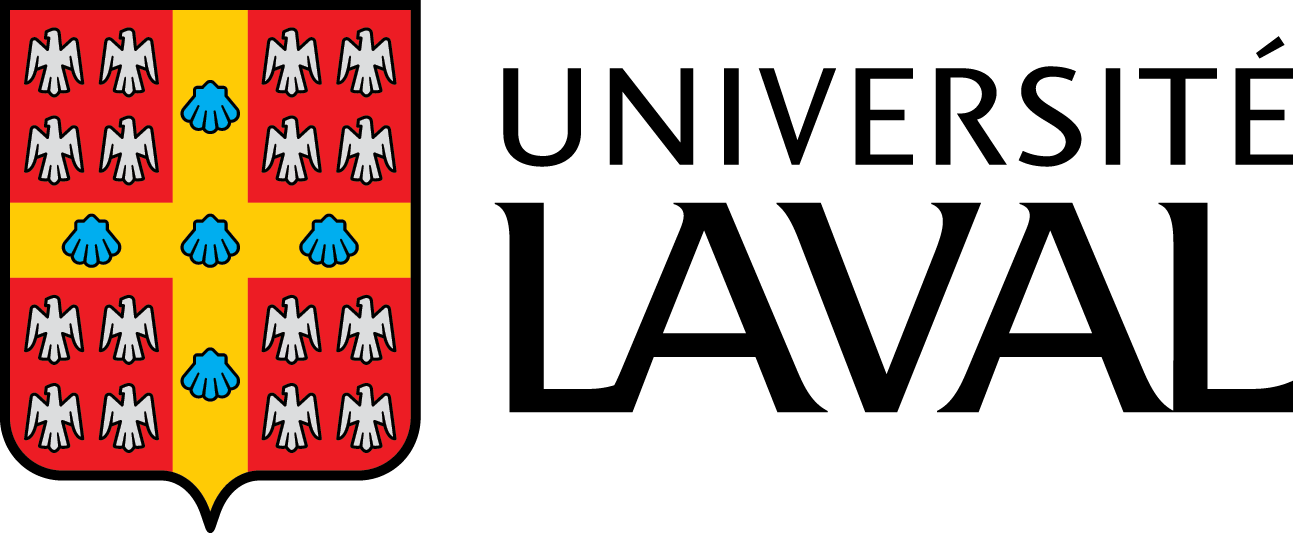
|
Leslie Rusch
|
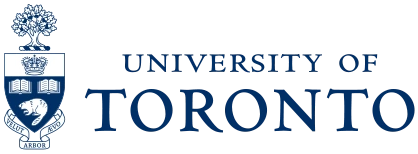 |
Alberto Leon-Garcia |

|
Raouf Boutaba |
Course Overview
- Background and Objectives
-
Network softwarization will revolutionize how network and computing infrastructures are designed and operated to deliver services and applications with greater agility and cost effectiveness. Software-Defined Networking (SDN) and Network Function Virtualization (NFV) are two expressions of network softwarization. SDN enables fast innovation by making the network programmable, and it leads to greater responsiveness, security, efficiency, and cost effectiveness. NFV replaces equipment, such as load balancers, firewalls, intrusion detection systems, and signaling systems, with software running on commodity hardware. The cost and complexity of operating the network is reduced dramatically by management software that operates on converged SDN and cloud infrastructure. Together SDN, NFV and Cloud are driving a transformation of networks. The NSERC Collaborative Research and Training Experience (CREATE) in Network Softwarization (NetSoft) is a partnership of academia and industry to meet the critical need to produce the HQP required to drive the coming wave of network innovation. NetSoft will deliver a multi-disciplinary program with five components:
- Enhanced Graduate Curriculum: NetSoft will enhance university course offerings with innovative courses and workshops on softwarization.
- Practical Training in SDN and NFV: Software skills in SDN and NFV through lab exercises and design projects using leading-edge research testbeds.
- Research Experience: Research activities under the supervision and mentorship of a NetSoft researcher.
- Internships in Canadian Companies: Practical and in-depth experience through industry internships on projects that help partners address SDN/NFV challenges.
- Acquisition of Soft Skills: A program of short courses to develop strategic thinking and soft skills for success in industry and business.
This course is one of the two companion courses on network softwarization offered simultaneously in the Winter 2023. The first course (this one) introduces concepts and principles of network softwarization while the second course focuses on hands on experience with technology enablers. The courses are offered simultaneously in 4 Universities, namely Ecole de technologie supérieure (ETS), University Laval, University of Toronto and University of Waterloo by internationally reknowned researchers. This course will be offered in a flipped mode. Video of lectures will be provided prior to the class and an interactive discussion session based on the lecture videos will be held every week during class hours. Students will be evaluated through weekly quizes based on the lectures and a final project at the end.
- Course Outline
-
Part 1: Software-Defined Networking Principles and Design
- Introduction to SDN
- SDN Data, Control Planes, and APIs
- Network Virtualization
-
Part 2: Cloud Computing, Network Function Virtualization and Orchestration
- Introduction to Cloud Computing
- Programmable Networks
- Network Function Virtualization
- IoT, Smart Cities, and 5G Use Cases
-
Part 3: Sustainable Management of Clouds and Networks
- Energy efficient and sustainable management
- Data Analytics
-
Part 4: Software-Defined Optical WAN and Radio Access
- 5G Fronthaul requirements
- Trends in multicarrier optical physical layer
-
Part 5: 5G Network Architecture: How SDN, NFV, and MEC come together in 5G
- Internships Opportunities
-
Completion of both of the courses will make the students eligible for CREATE internships in the area of network softwarization. Internships are available in the form of CREATE research fellowships at the participating universities or an industry internship with one of the industry partners. Students should contact the CREATE professor(s) at their institution to apply for CREATE research fellowships. The industry internships are 4-8 months long and the topic will be determined by industry partner. For both the fellowship and industry internship the students may be subject to a selection process.
- Sponsors and Partners
-
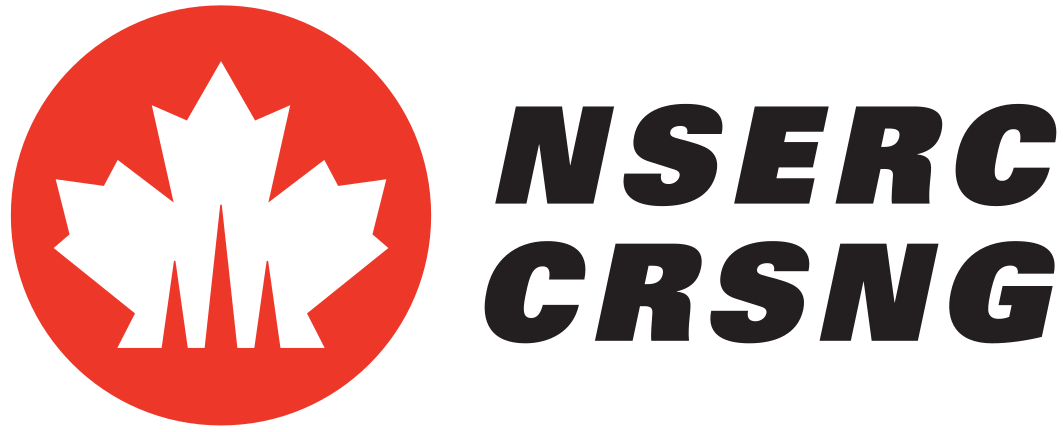




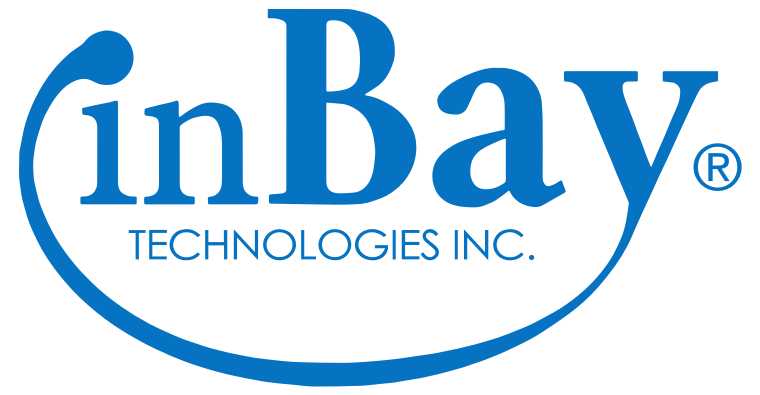


Grading
- Participation in interactive sessions: 10%
- Weekly quizzes: 40%
- Project proposal: 10%
- Course project: 30%
- Final project video presentation: 10%
Academic Integrity
-
The followings are University of Waterloo policies pertaining to
Academic Integrity, but also hold for other participating institutions,
i.e., University of Toronto, Université Laval, and ETS.
- Academic Integrity
-
In order to maintain a culture of academic integrity, members of the University of Waterloo community are expected to promote honesty, trust, fairness, respect and responsibility. All members of the UW community are expected to hold to the highest standard of academic integrity in their studies, teaching, and research. The Office of Academic Integrity's website ( http://www.uwaterloo.ca/academicintegrity ) contains detailed information on UW policy for students and faculty. This site explains why academic integrity is important and how students can avoid academic misconduct. It also identifies resources available on campus for students and faculty to help achieve academic integrity in and out of the classroom.
- Grievance
-
A student who believes that a decision affecting some aspect of his/her university life has been unfair or unreasonable may have grounds for initiating a grievance. Read Policy 70 - Student Petitions and Grievances, Section 4, http://www.adm.uwaterloo.ca/infosec/Policies/policy70.htm
- Discipline
-
A student is expected to know what constitutes academic integrity, to avoid committing academic offenses, and to take responsibility for his/her actions. A student who is unsure whether an action constitutes an offense, or who needs help in learning how to avoid offenses (e.g., plagiarism, cheating) or about rules for group work/collaboration should seek guidance from the course professor, academic advisor, or the Undergraduate Associate Dean. When misconduct has been found to have occurred, disciplinary penalties will be imposed under Policy 71 Student Discipline. For information on categories of offenses and types of penalties, students should refer to Policy 71 - Student Discipline, http://www.adm.uwaterloo.ca/infosec/Policies/policy71.htm
- Avoiding Academic Offenses
-
Most students are unaware of the line between acceptable and unacceptable academic behaviour, especially when discussing assignments with classmates and using the work of other students. For information on commonly misunderstood academic offenses and how to avoid them, students should refer to the Faculty of Mathematics Cheating and Student Academic Discipline Policy, http://www.math.uwaterloo.ca/navigation/Current/cheating_policy.shtml
- Appeals
-
A student may appeal the finding and/or penalty in a decision made under Policy 70 - Student Petitions and Grievances (other than regarding a petition) or Policy 71 - Student Discipline if a ground for an appeal can be established. Read Policy 72 - Student Appeals, http://www.adm.uwaterloo.ca/infosec/Policies/policy72
